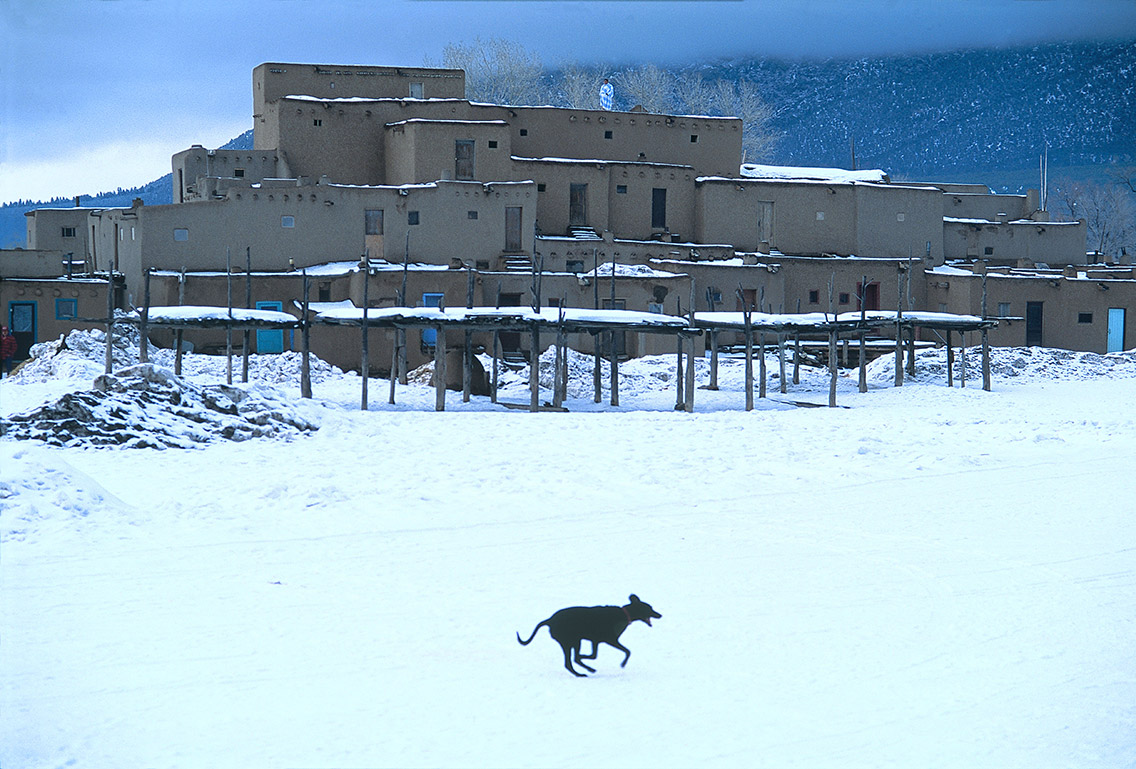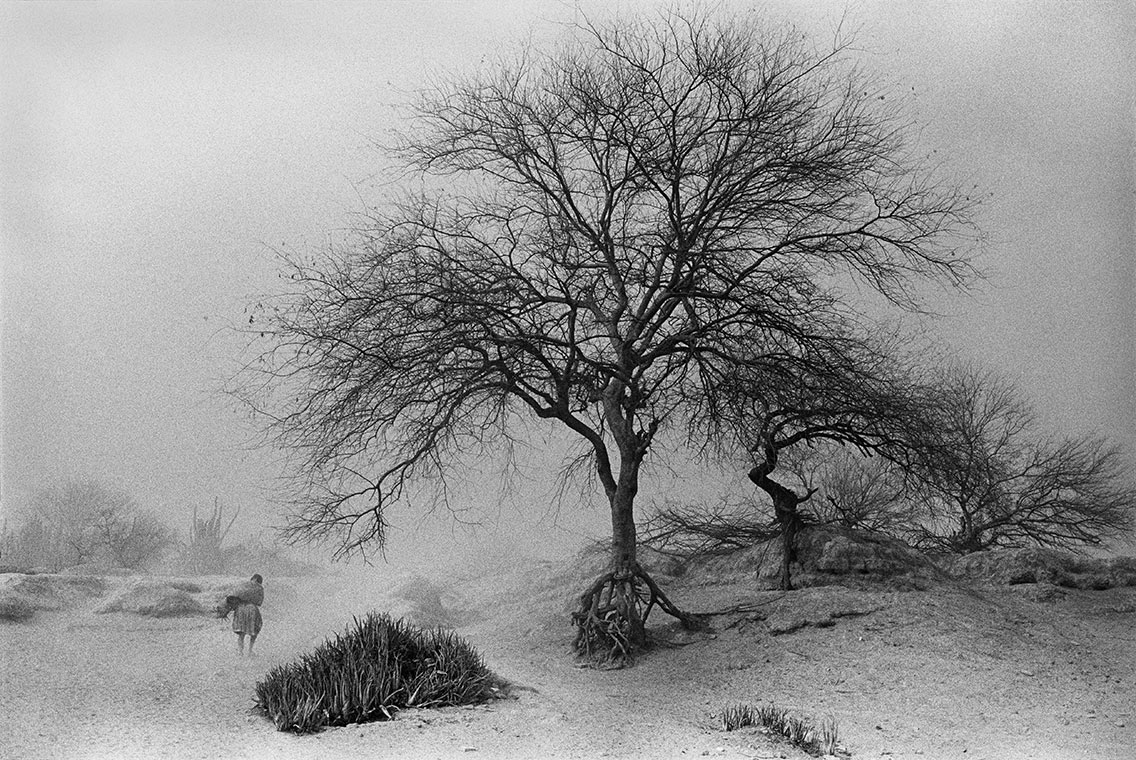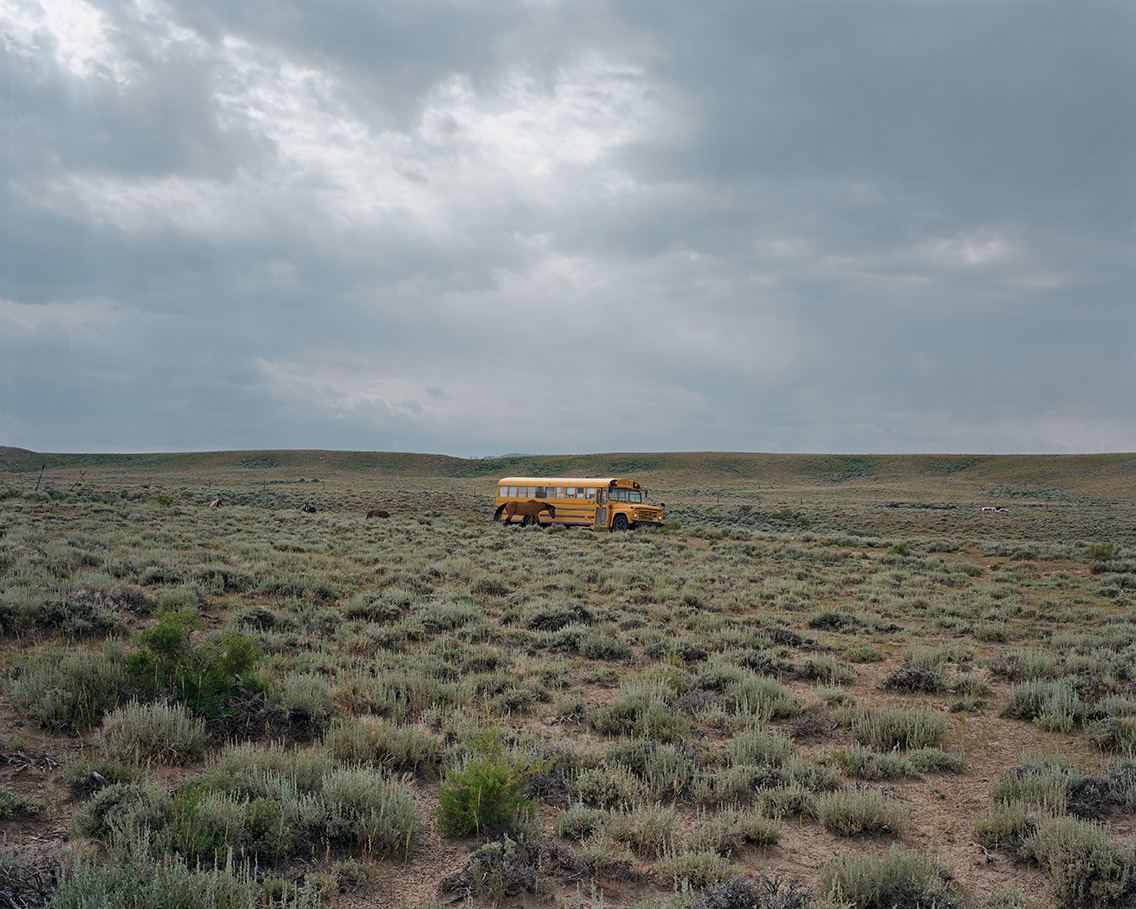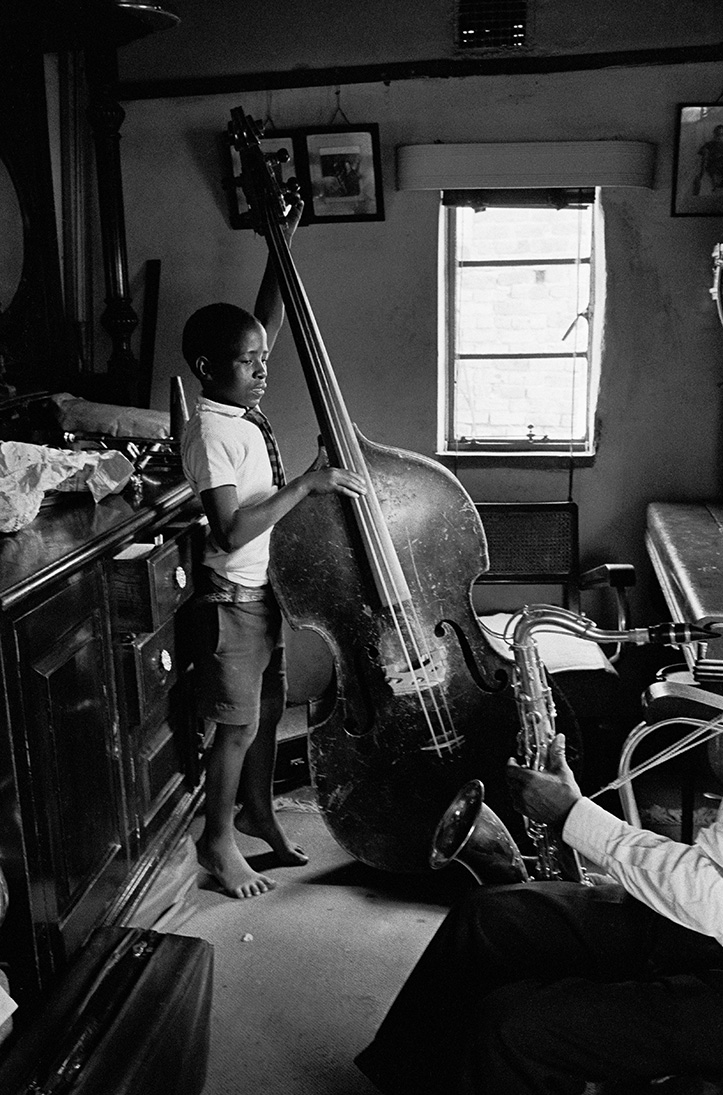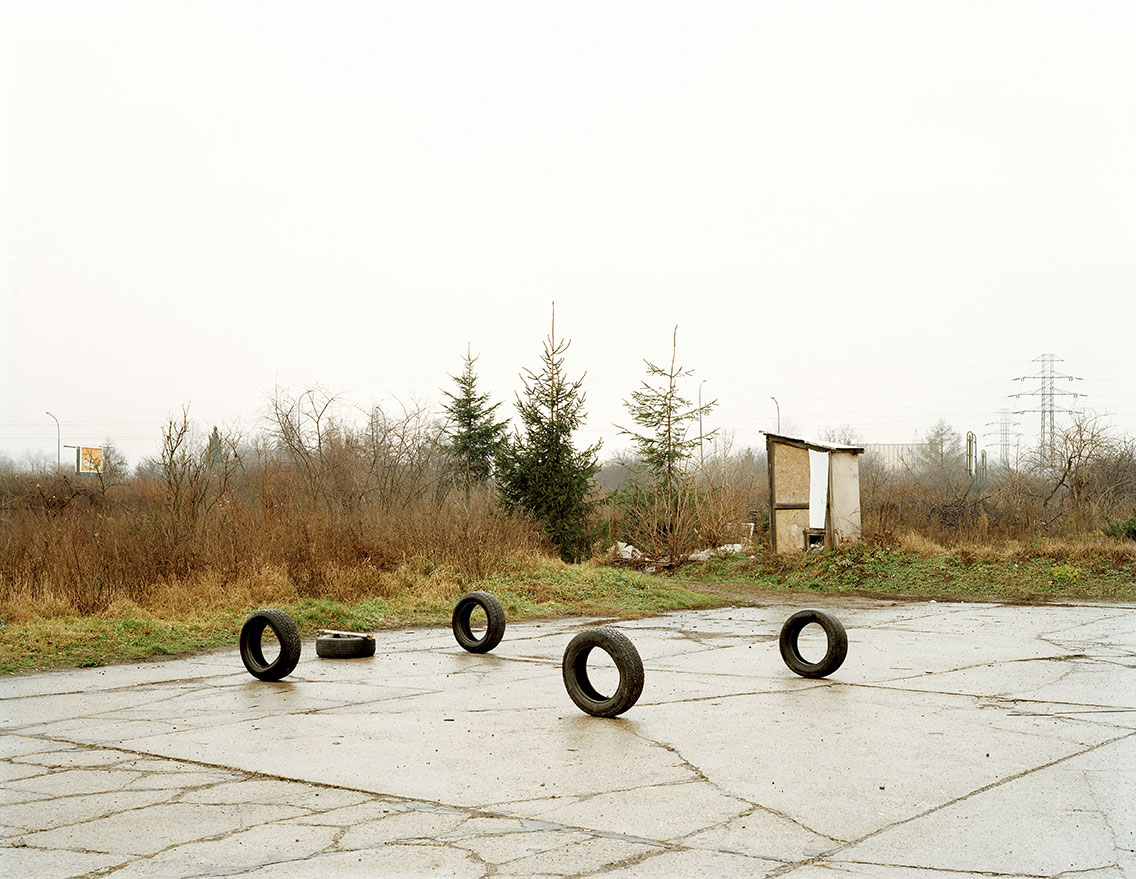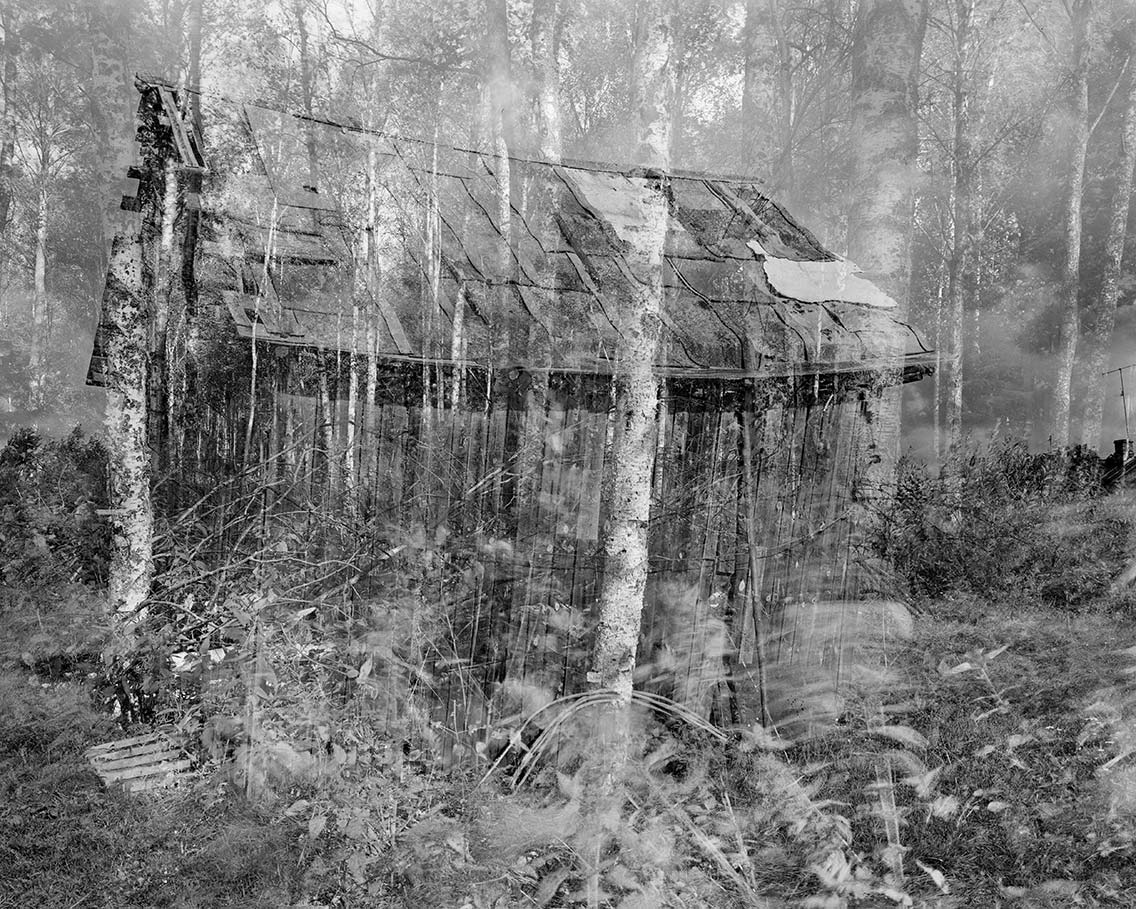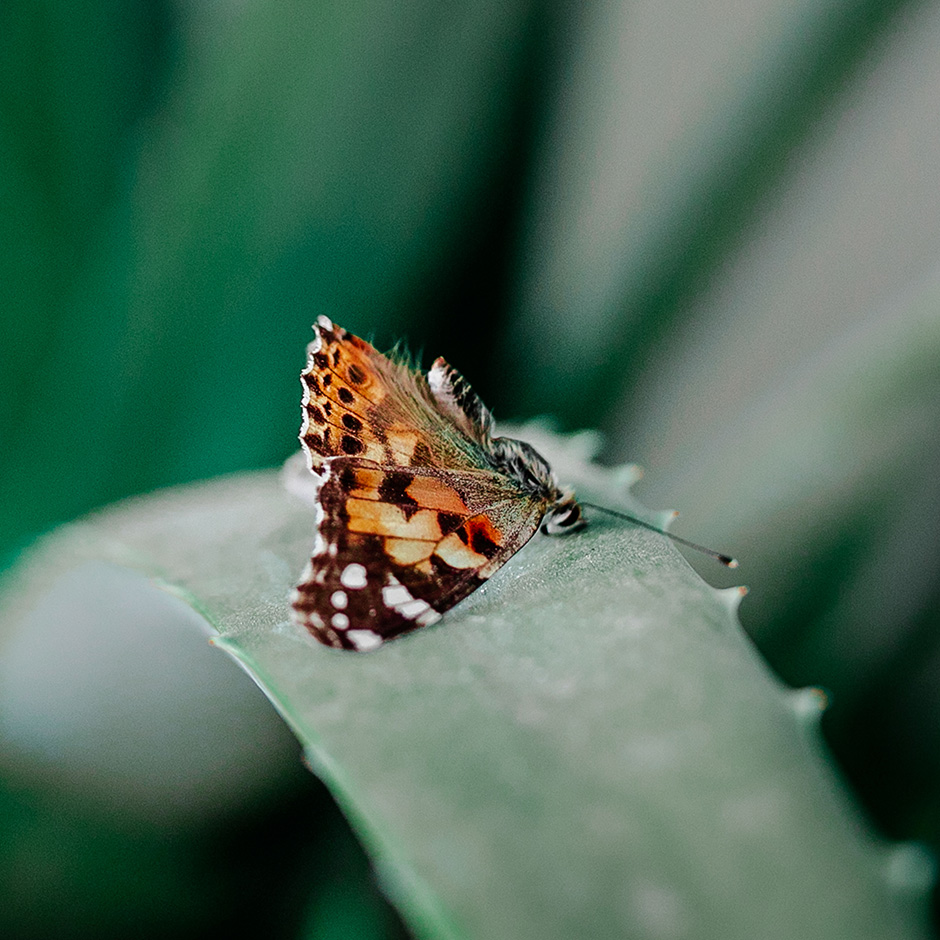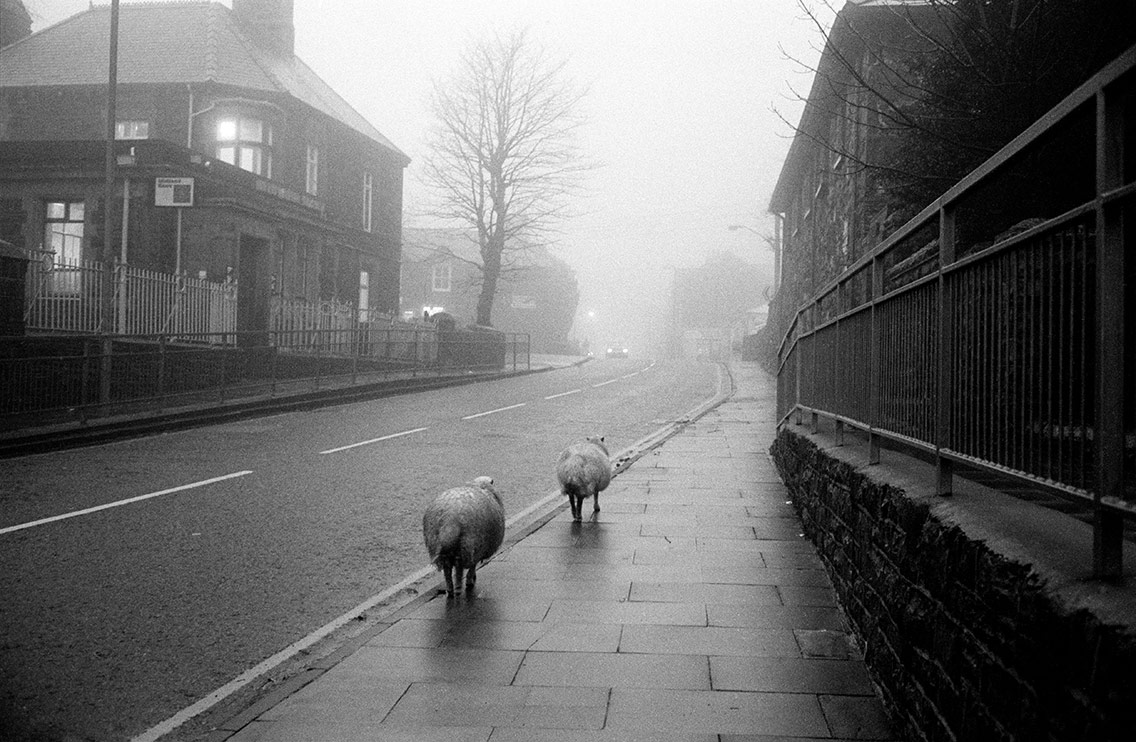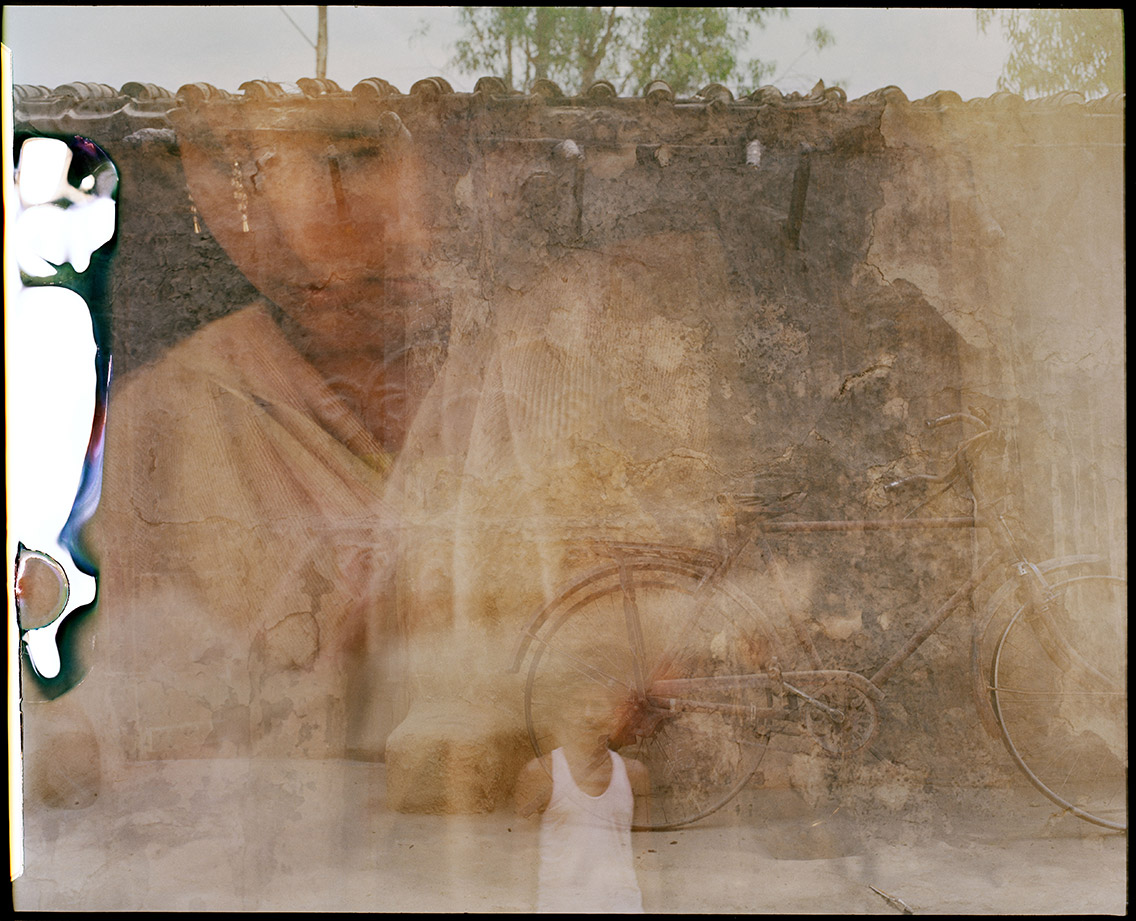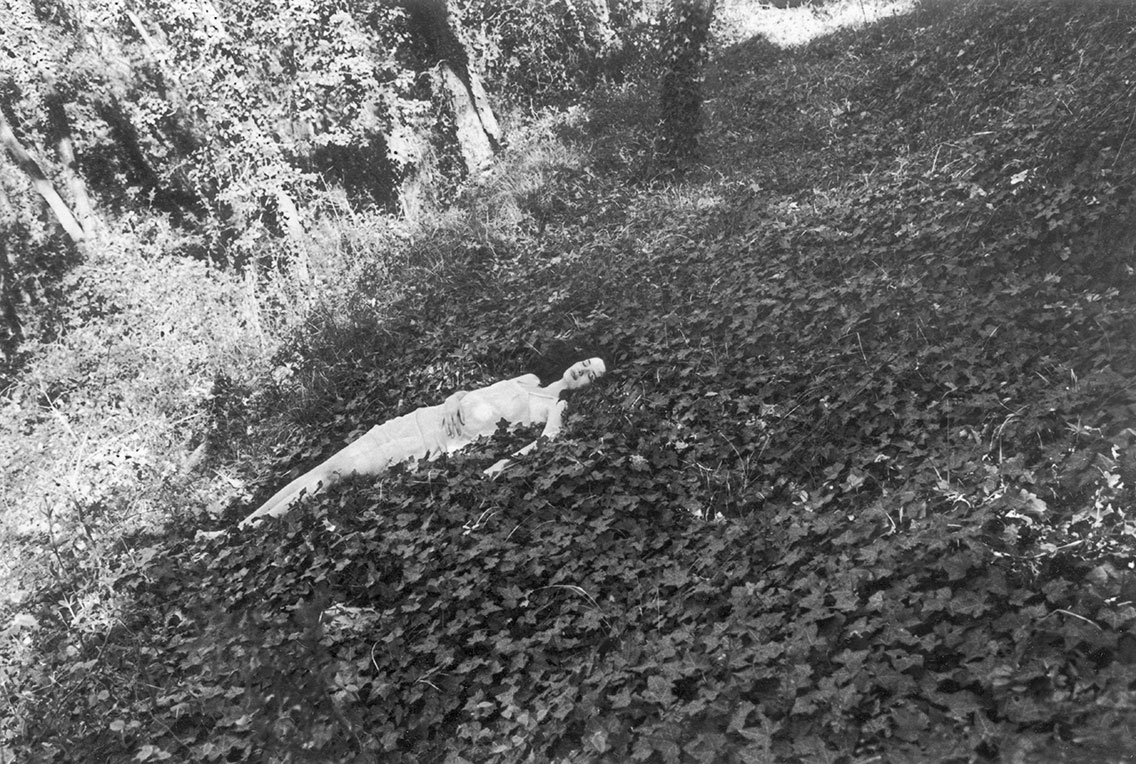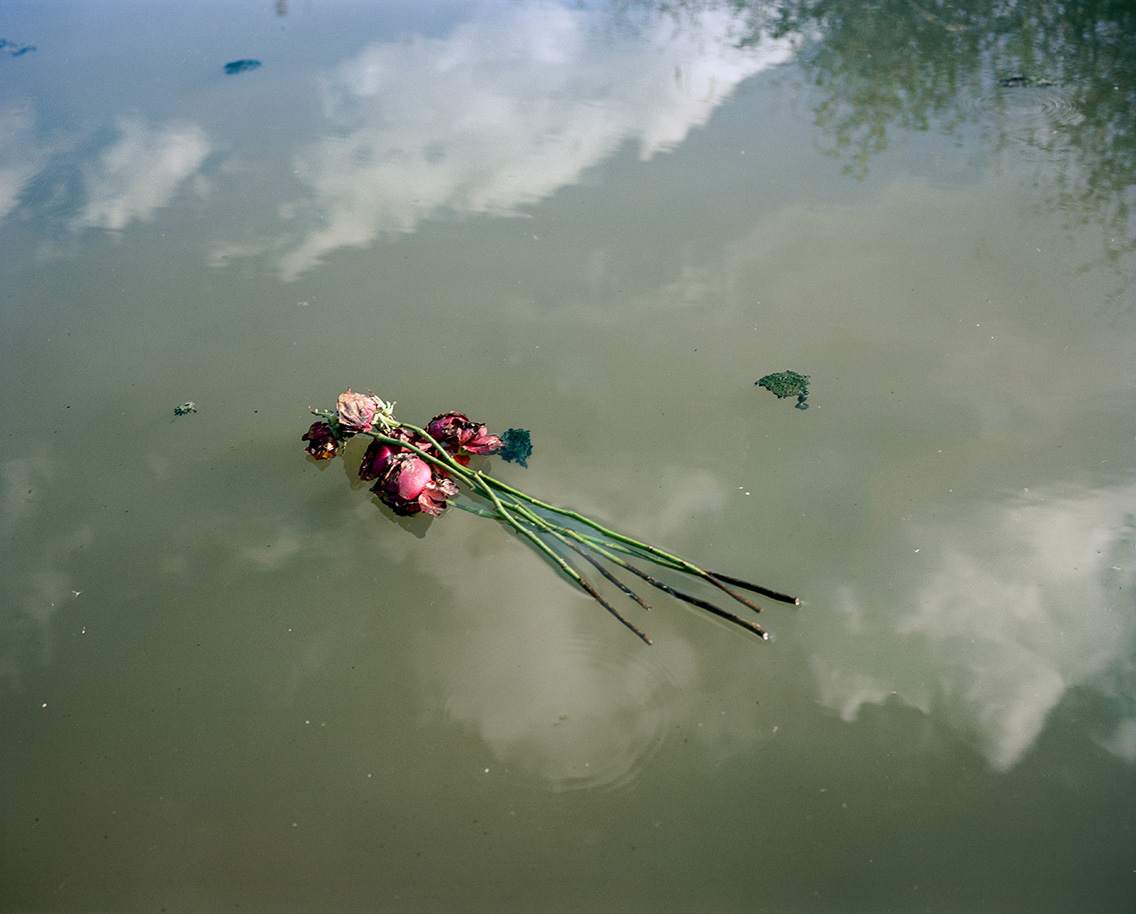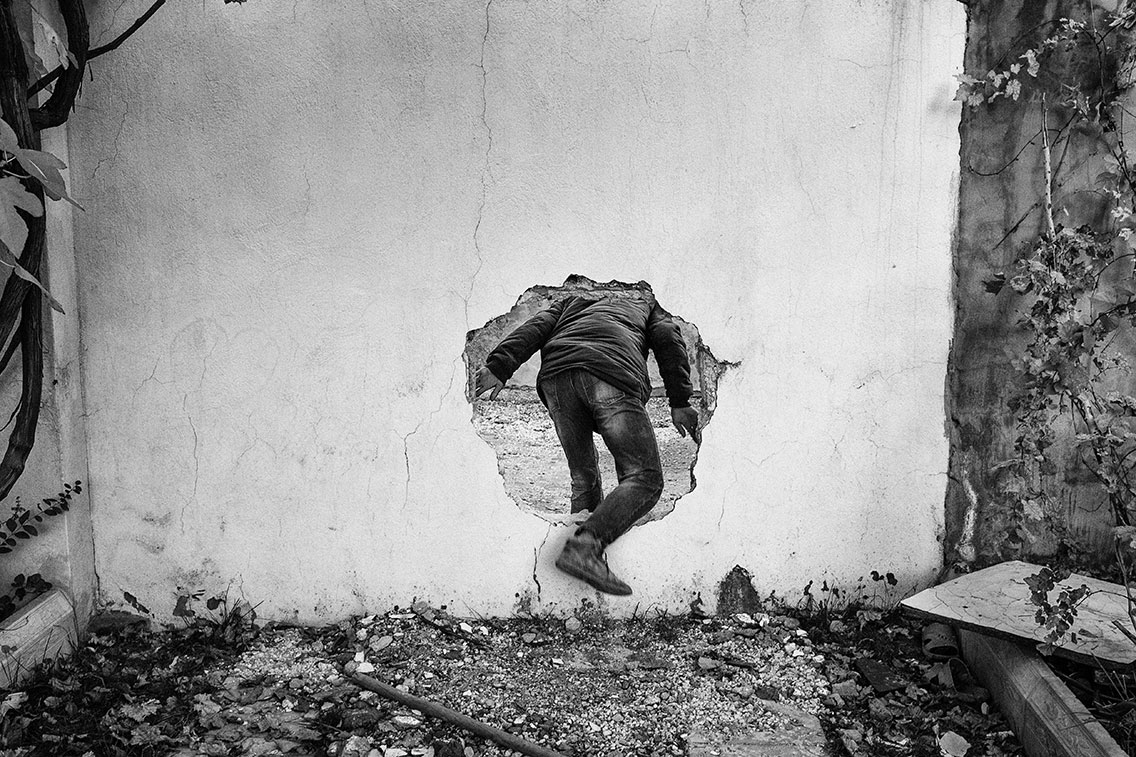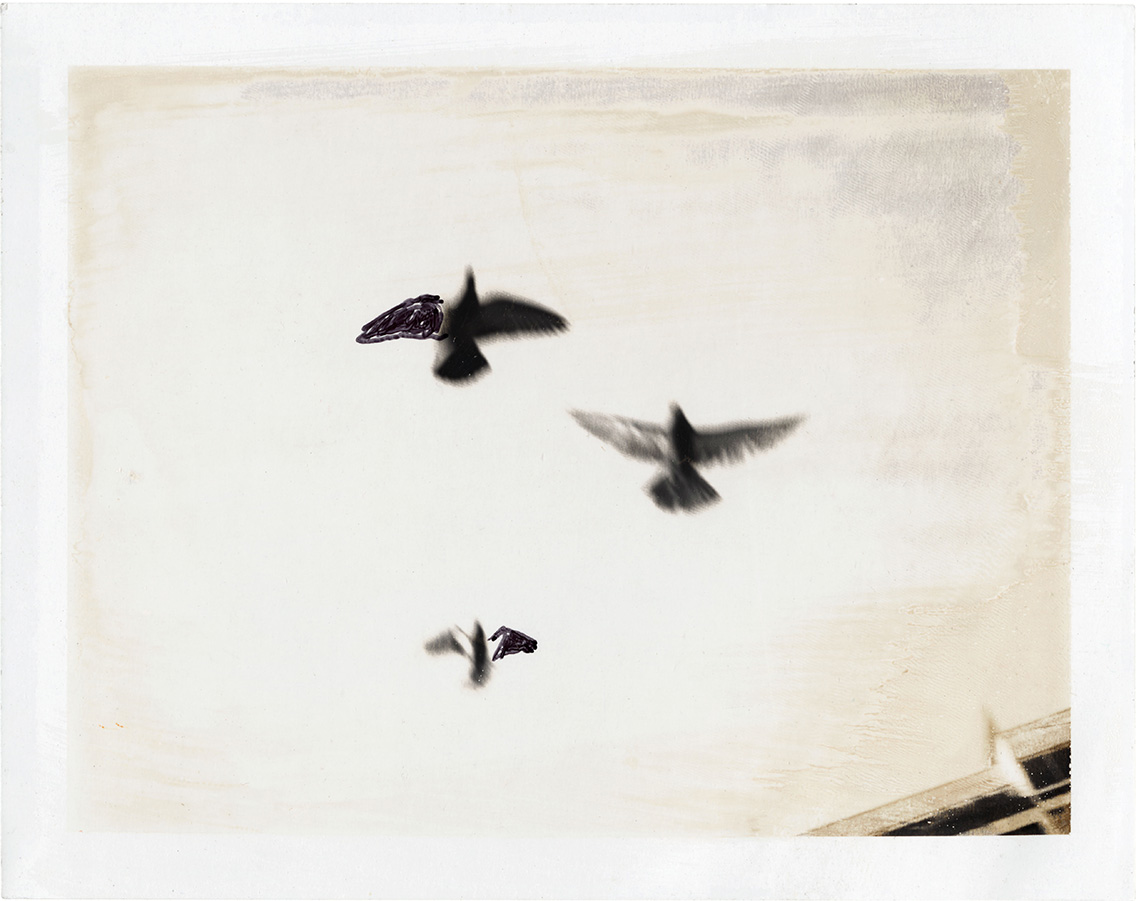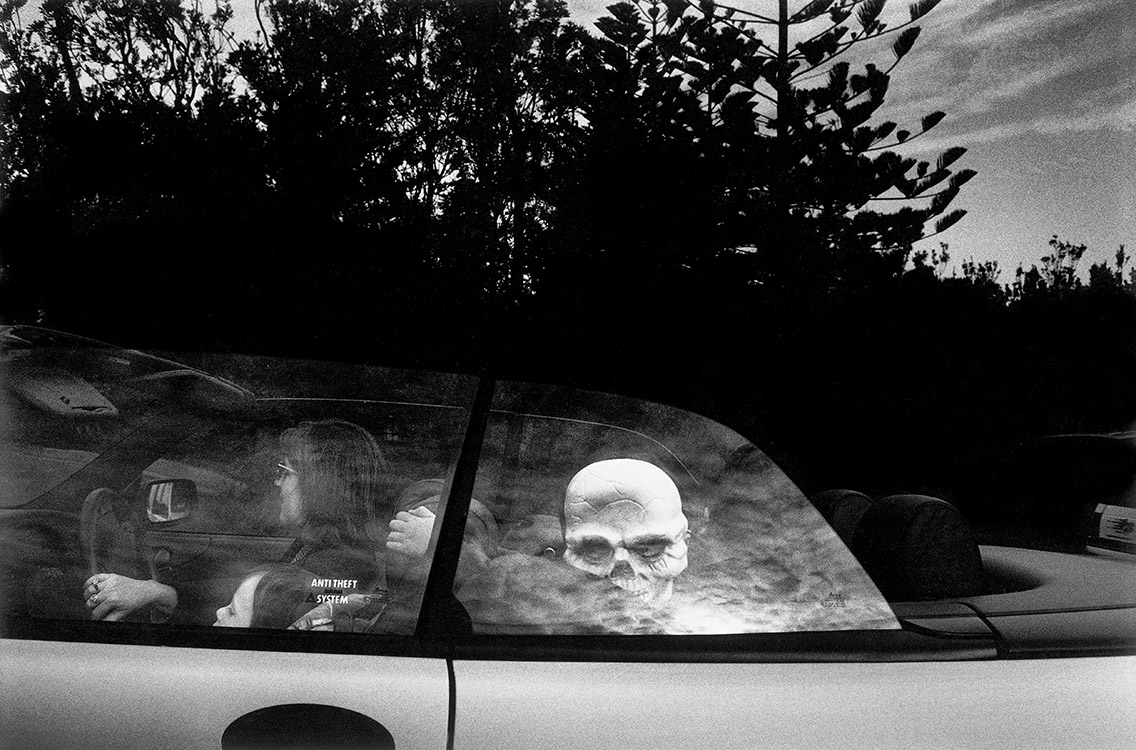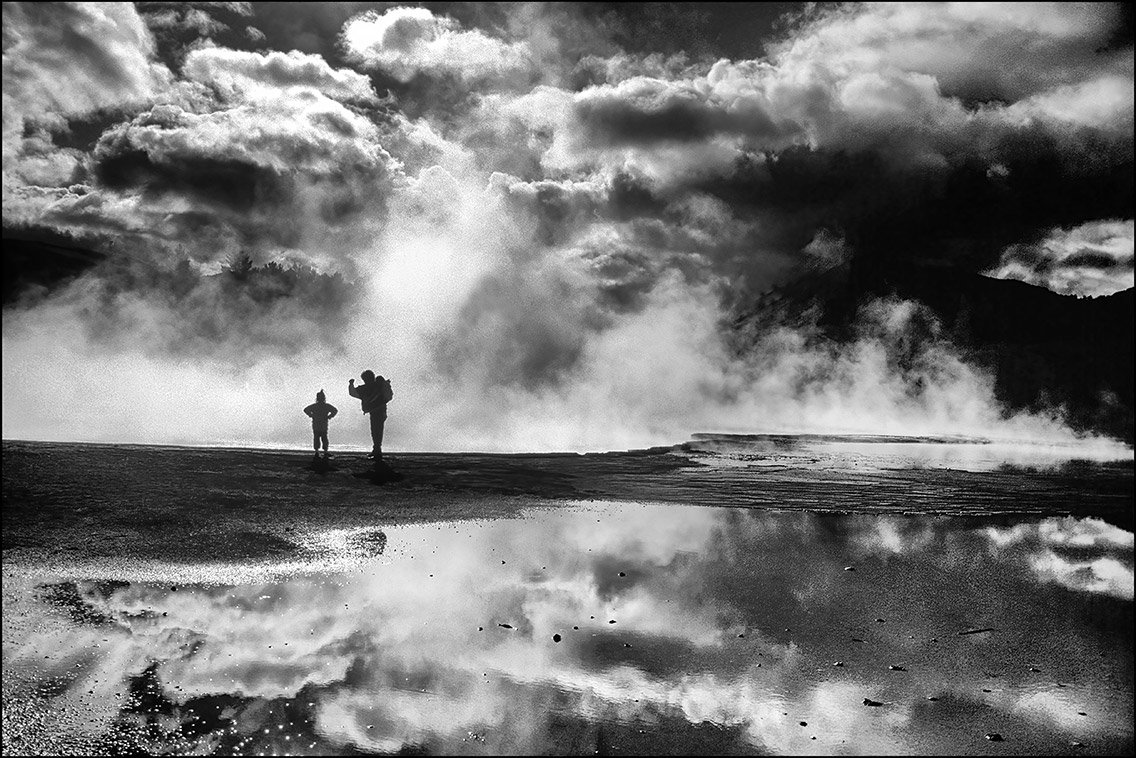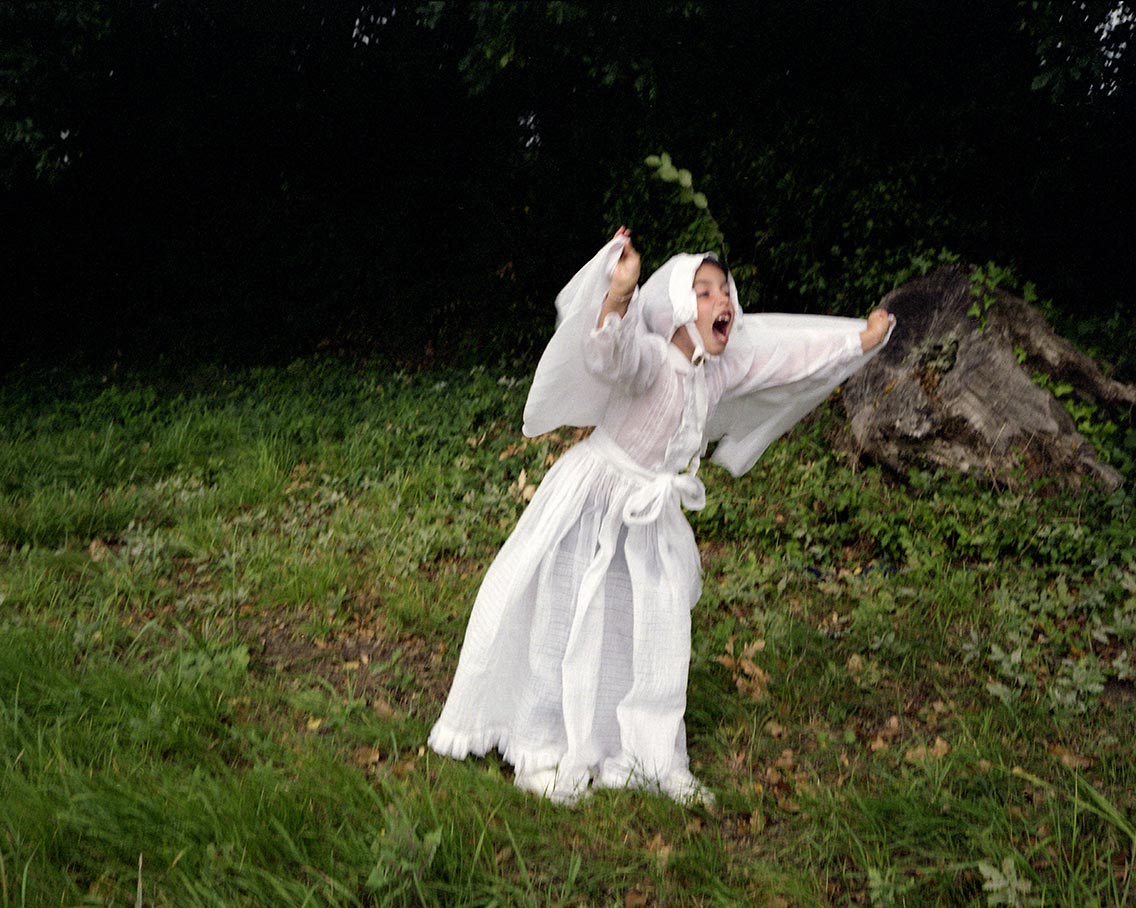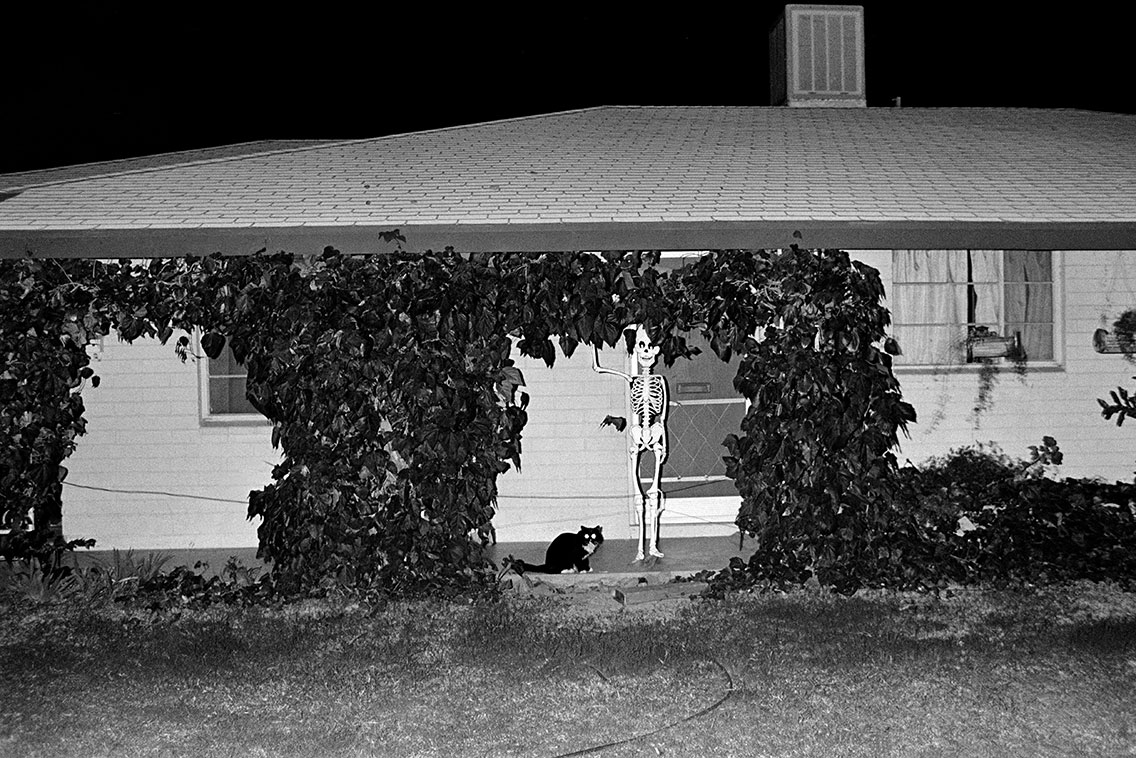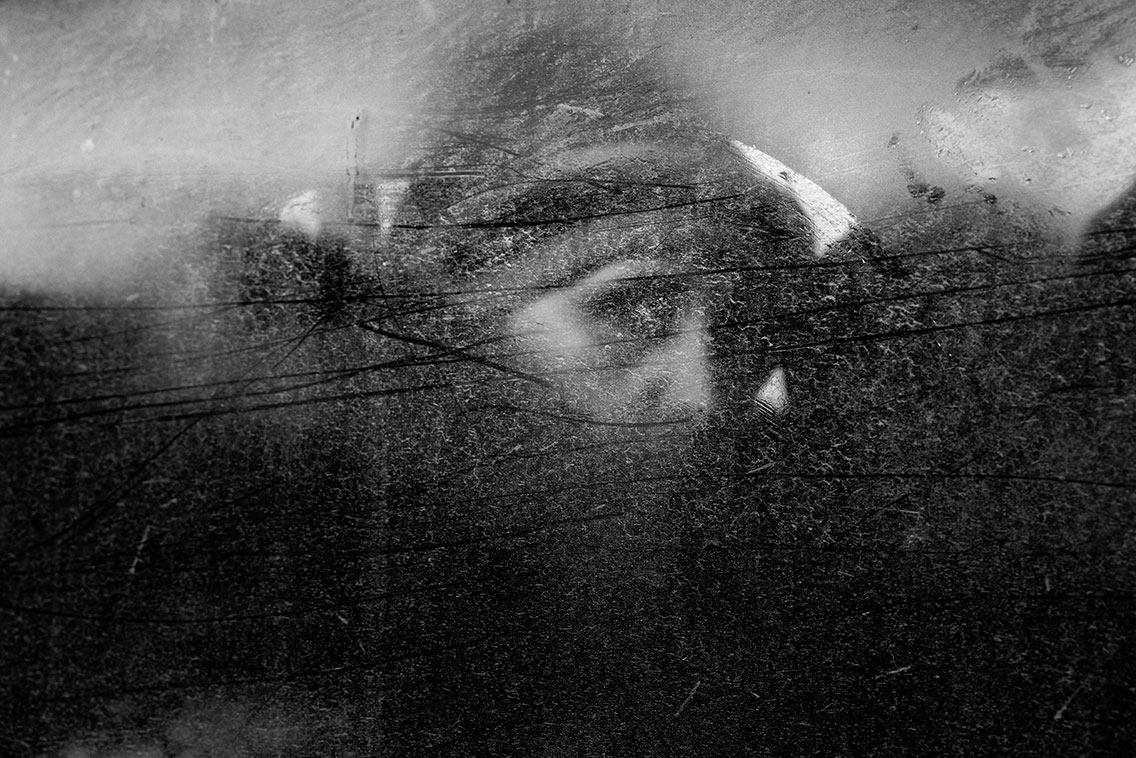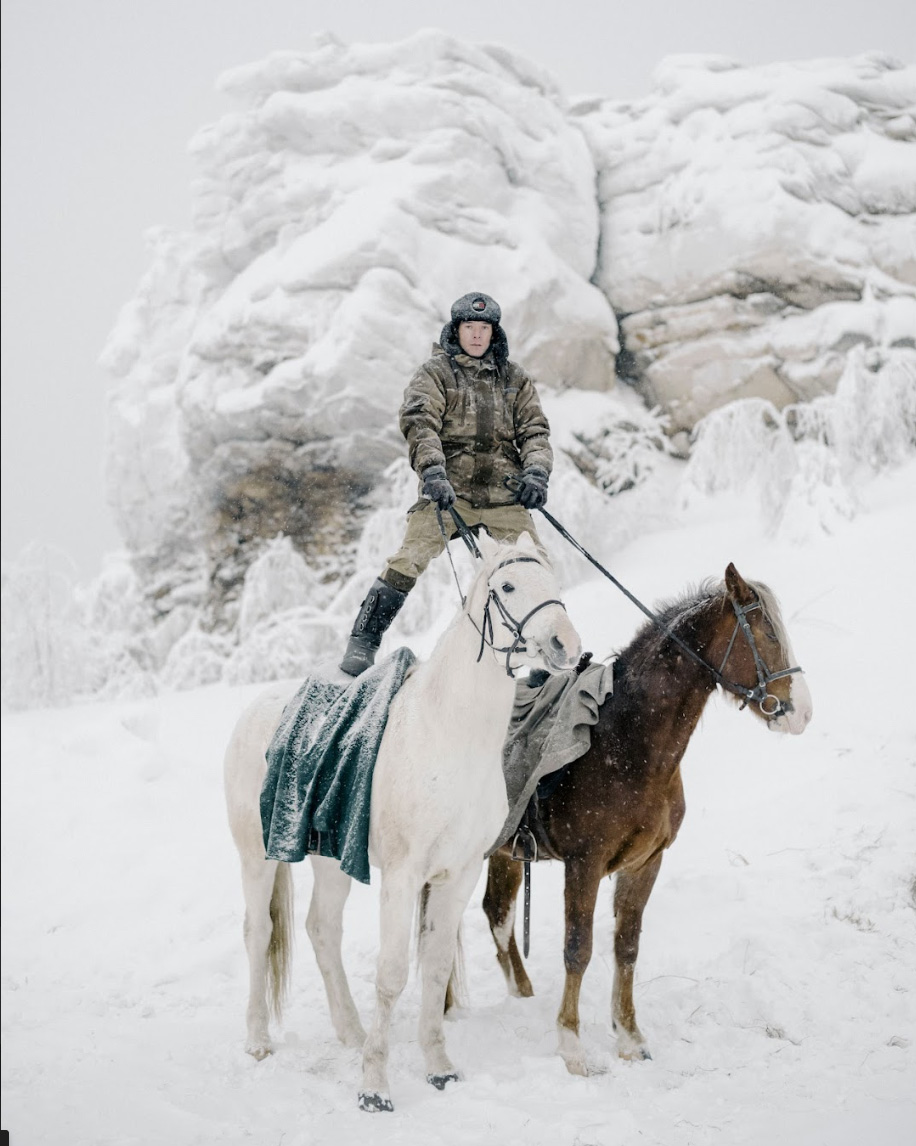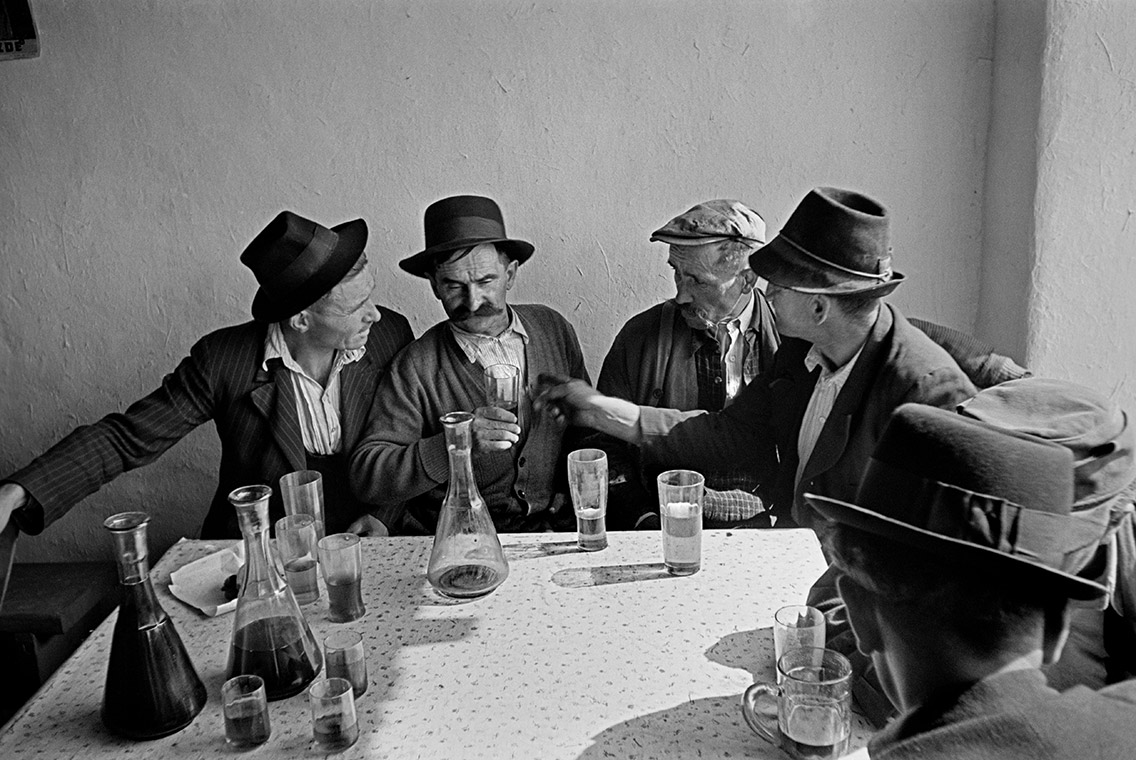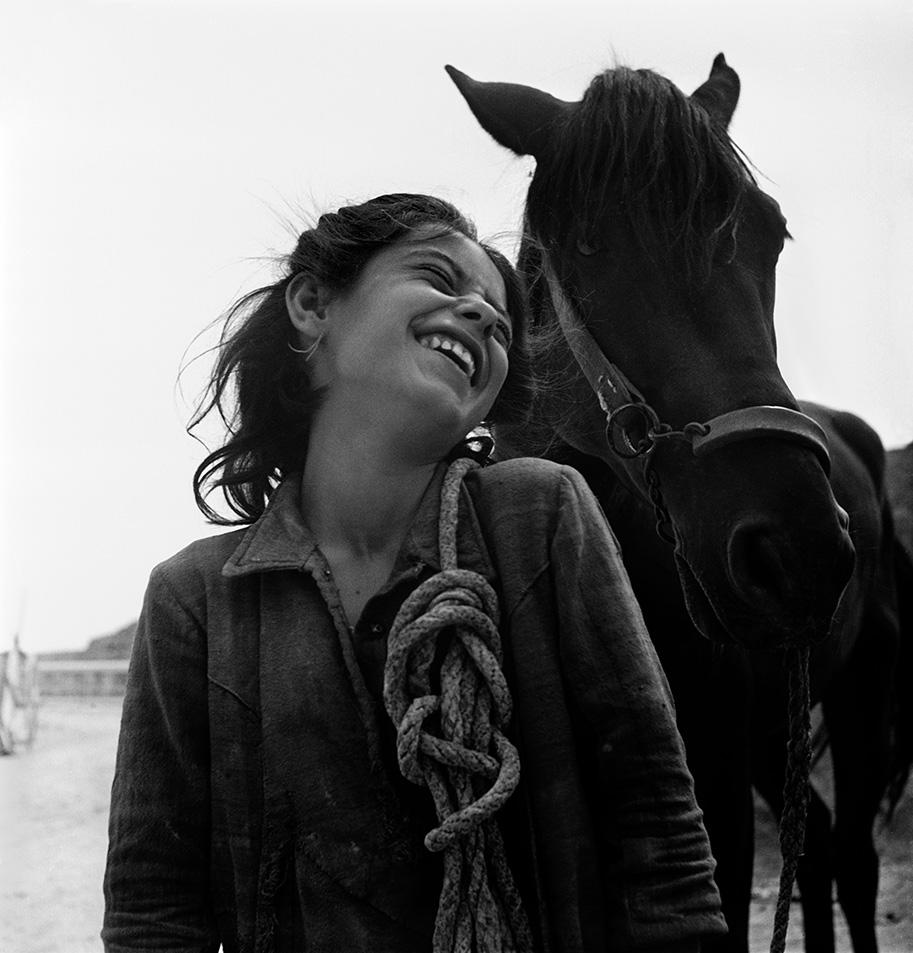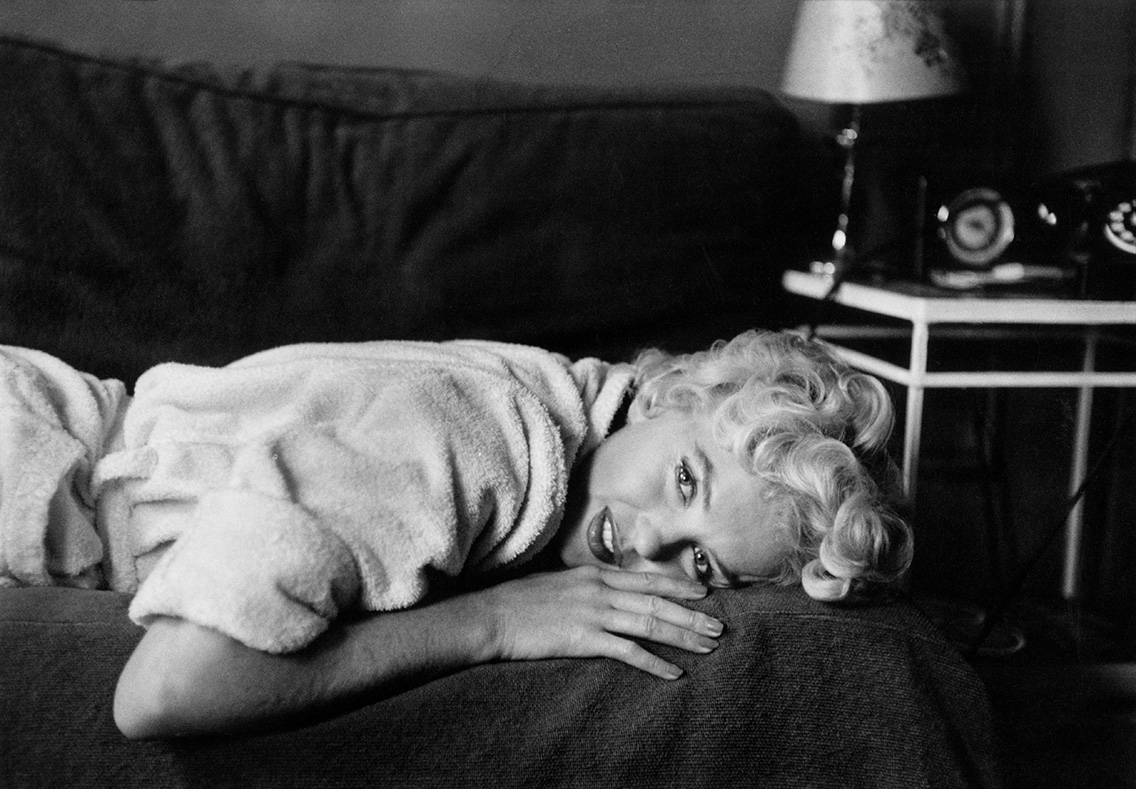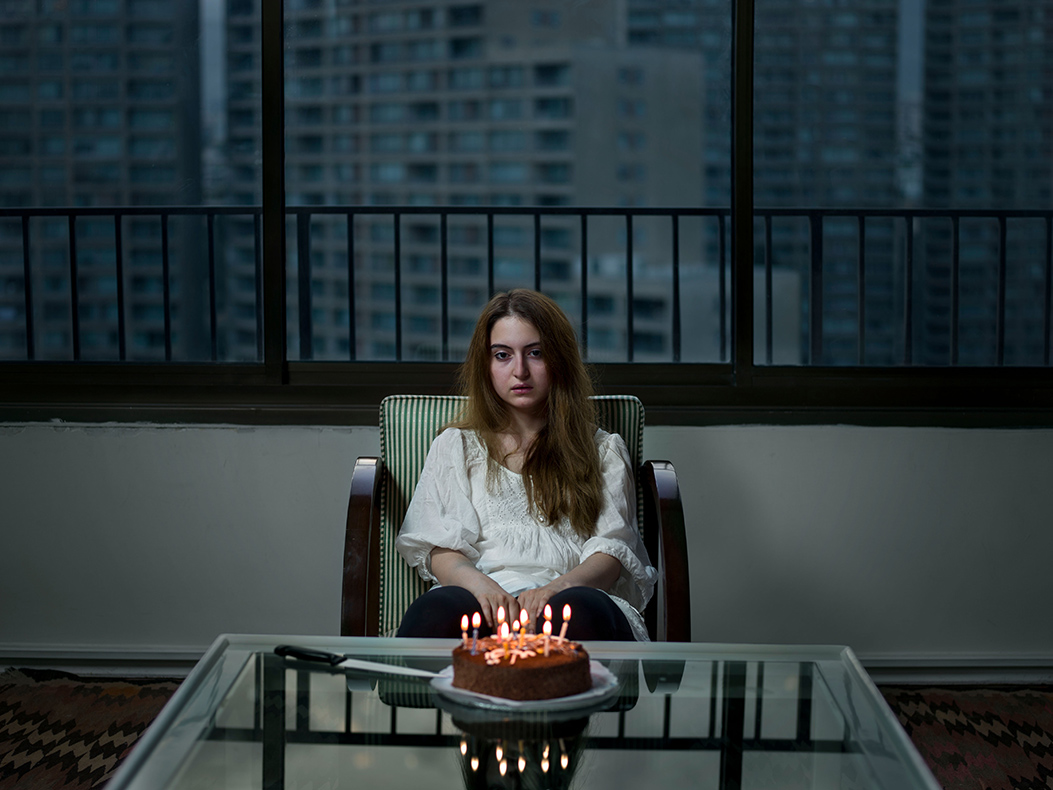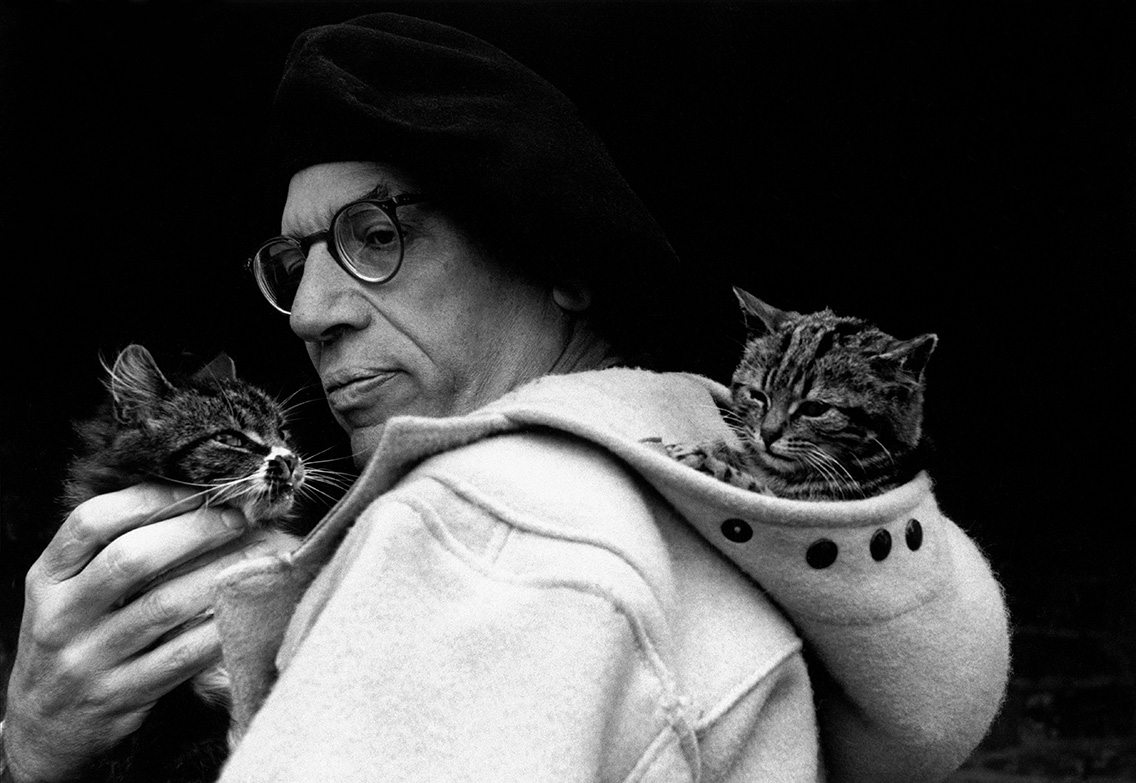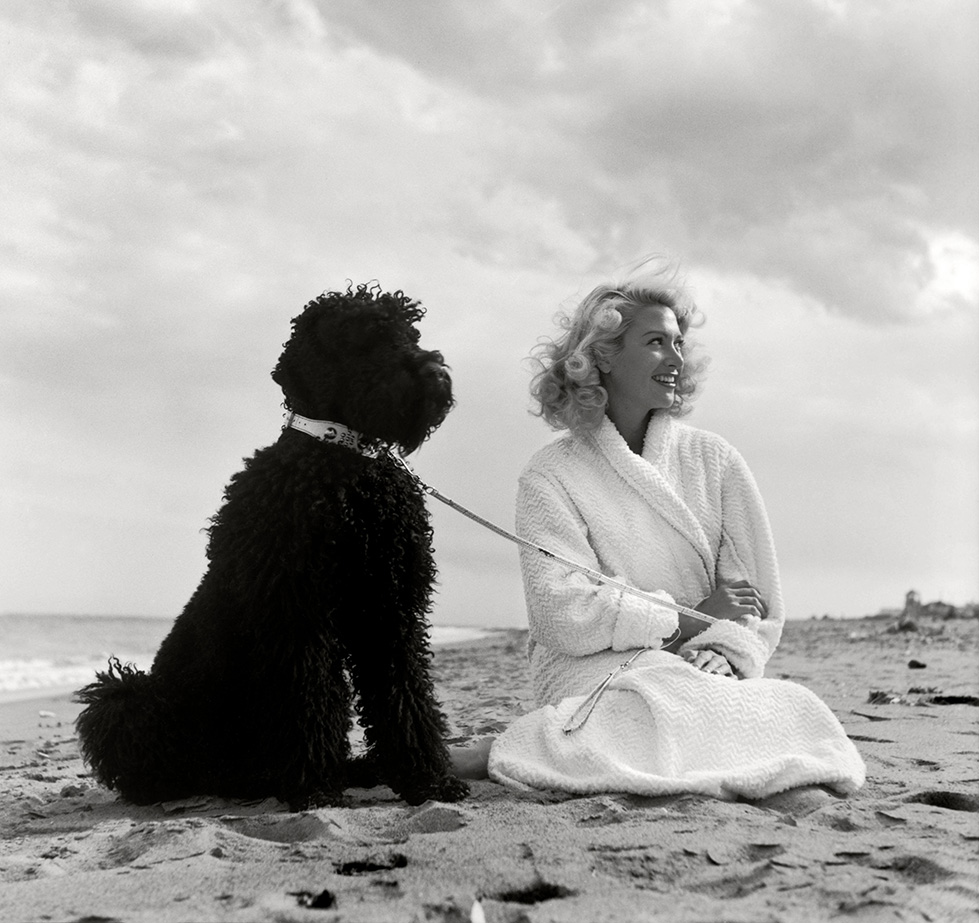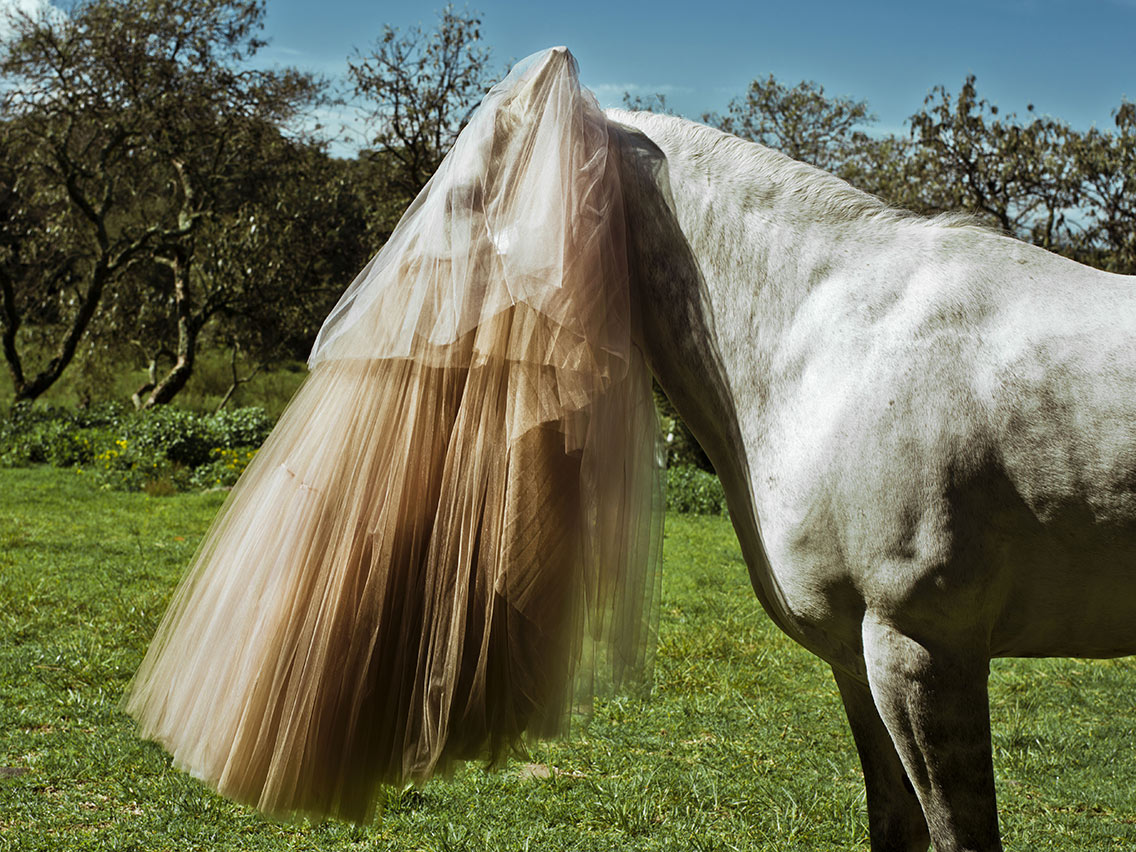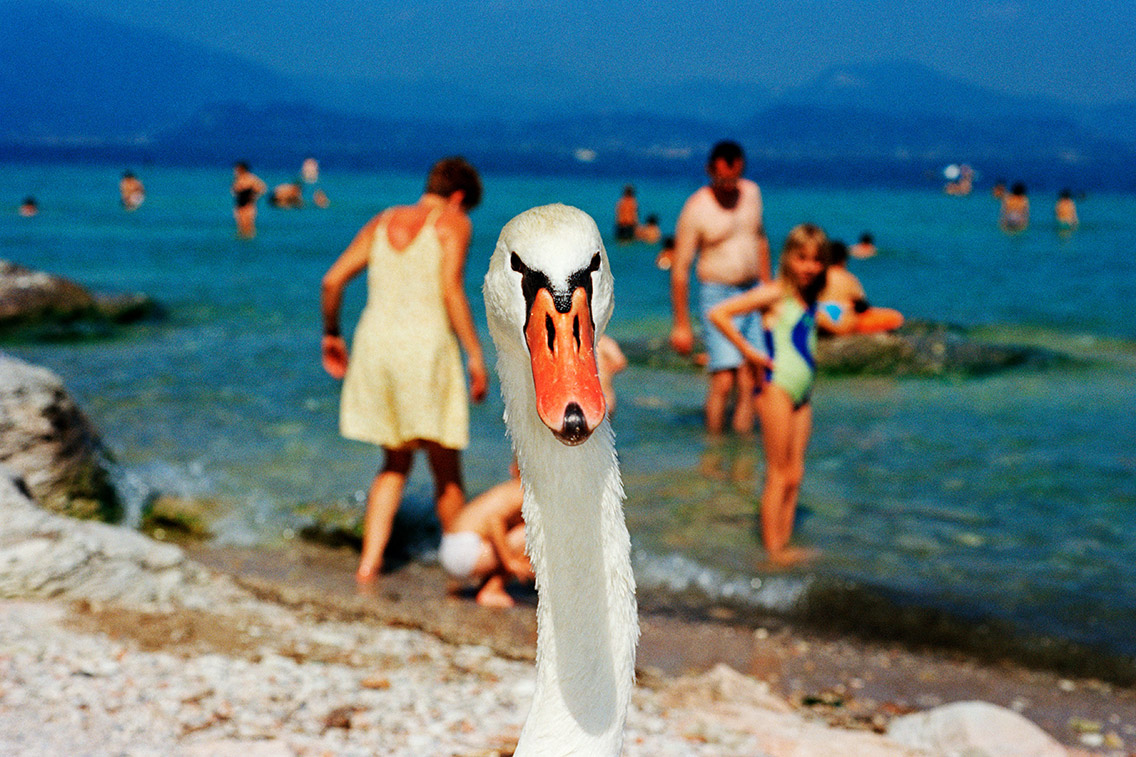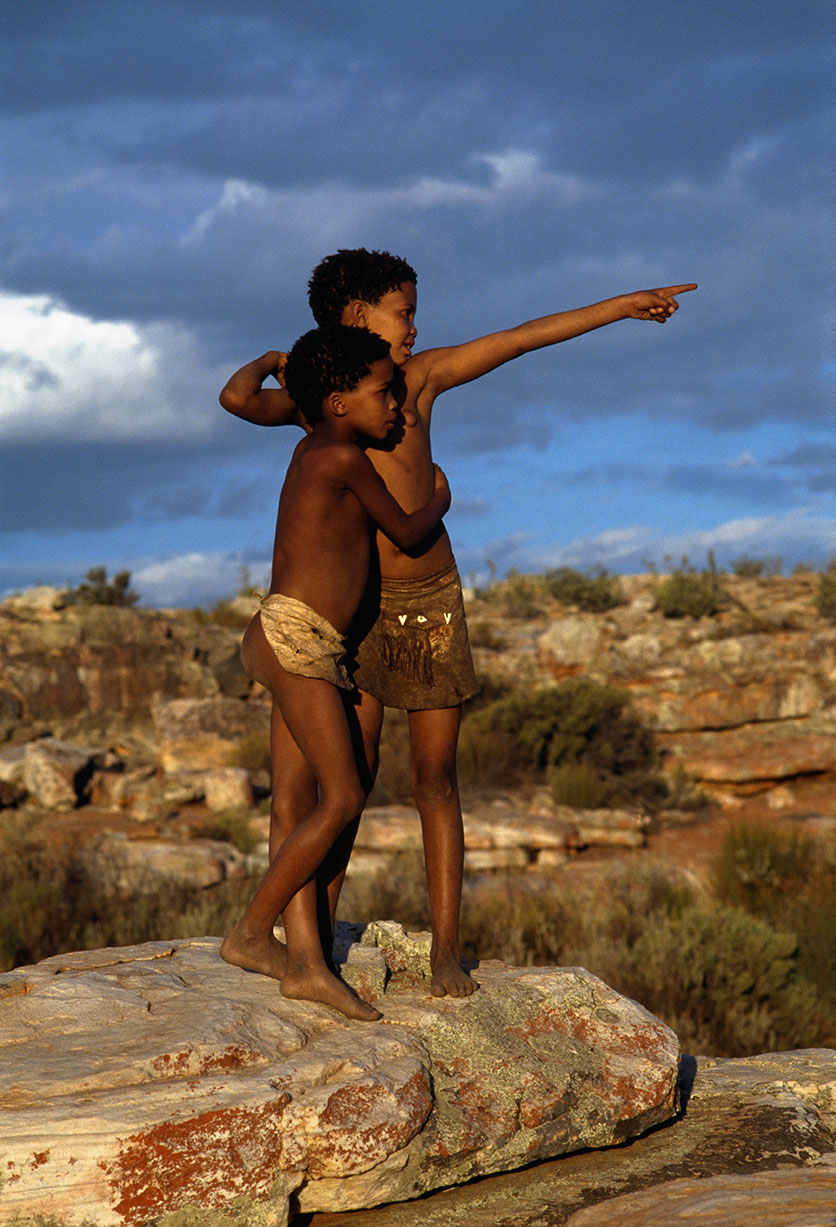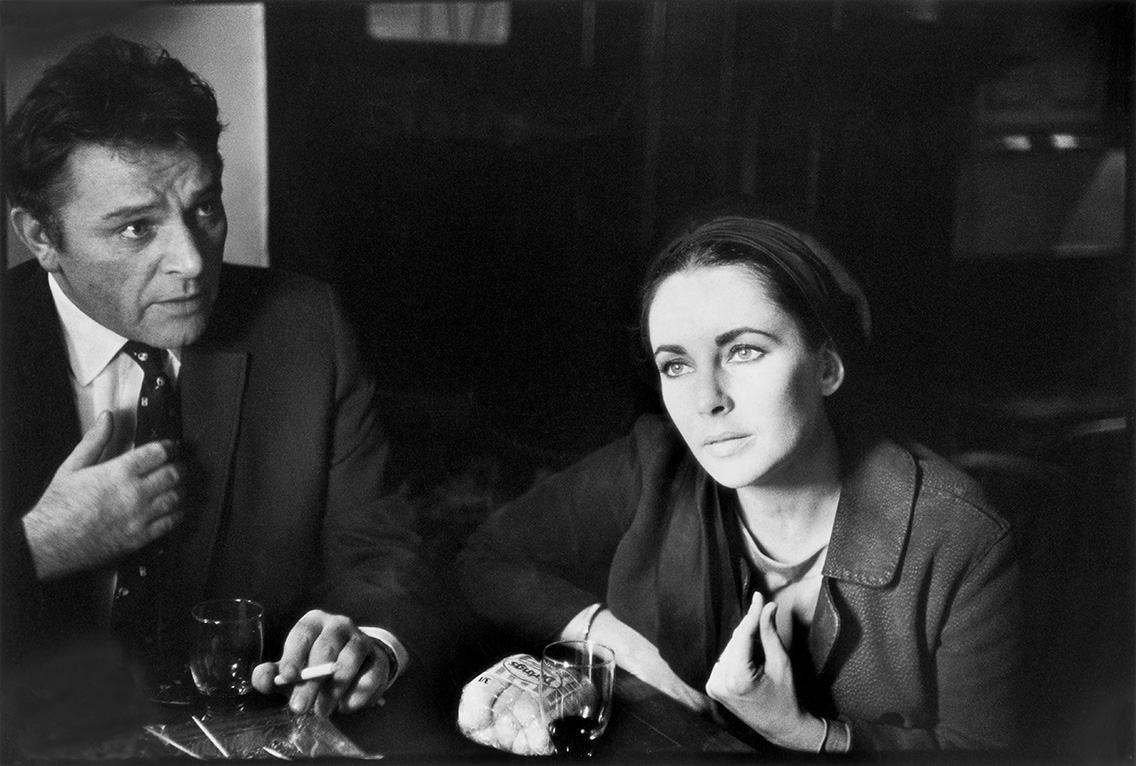A curled index finger pushed his bottom lip between his teeth, his tongue obligingly searching for flared or dead skin to be peeled off and forgotten, neither swallowed nor spat out, torn layers leaving only sores behind. When soaked with rage, who doesn’t raise fists to another? But the boy, he turns on himself, puts knuckles to his mouth and bites the tension. Chewing, leaning forward, lips sliding this way and that, a hand slapped his wrist. He looked up into the face of his legal guardian, dropped his hand, grappling with the urge to return his patched bottom lip back to his mouth. A cartoon on the television in front of him, a badger speaking to an owl, or a mole speaking to a hare, earned a flicker of attention before he started to pick at the separated and spiked bits of skin on the outside of his nails. On days like this, he’d manage to peel a loose strip from the cuticle down to the first finger joint. He’d then soothe the sting by sucking on his thumb, teasing blood out from the cut.
It was another first day in another new house. The walls were stripped, cracks in places where one worried there shouldn’t be, where the boy could imagine broad-leaved fleabane creeping its way in, sea green hands either side to pull through the wound. Below, splintering and decaying pinewood floorboards were covered with fresh, carnation red carpet – a deep colour drawn from soles, with patterns of unknown flowers woven and overlapping, two stems cut off by mental thresholds where kitchen and corridor began, the designs reminding him of the shasta daisies he’d pick and plucked trailing his way home from school. Along with the fissures threading the walls, there was also writing, bending, ineligible scribbles on stone on one side, and on the other, level sentences suggesting the name Rupert would live forever, drawings and dates, incoherent numbers and lines signifying where someone had grown up. How grown was the boy? He decided to wait until the living room was empty before he measured himself against those who had come before.
With no wallpaper to insulate and the cherry plums and common pears lining the avenues still showing no colour, his guardian sent him to bed with two hot water bottles, one with a fluffy fleece and another bare. He put one under each arm and took the stairs two steps at a time, a giant’s stride. As he reached the top of the stairs, the naked water bottle slipped from his elbow and landed headfirst on the floor, its collar bending as its full body flopped over it. The boy picked it up. ‘Sorry,’ he said.
He climbed into bed, bringing his knees up to his chest, leant his chin on top of them and pushed his sore lips back between his teeth. There were no curtains in his room, only patterned window lining. He could hear whisps of air passing through gaps in the closed window, blown through by the cars on the main road. They were going so fast they might rip the window open and pull him out, leave him floating over plane trees and lamp posts, sycamores and electric lines, a single sheet of local news pirouetting with a fallen leaflet, plastic bag and crisp packets. He hugged the water bottles tighter, his shoulder dipping into the mattress and numbing, persisting drops of water moistening his overshirt. ‘Sorry’, he said again. How many things would he let fall, how much weight could he let go?
He was almost asleep, the room liquefying into incoherence and perceptions that, if caught, made him jerk awake. A misstep. Then, a sound. With a steady pulse he slowly opened his eyes, dry, unseeing, one sense sharpened in the absence and weakness of the others. The shriek of an animal. He climbed out of bed and turned the handle of the window, specks of rust coming away with the dry rasping as it opened onto the garden, overgrown with butterfly bush, nettles and common ivy, perennial and inviting, sirens to sting the tongue or sear the skin. He leaned over to push his face as much into the darkness as he could, squinting to see through the gaps in the connected boughs, his hand still grasping the window handle, and then he saw, with every movement it made, the shifting, splitting and sometimes solid colour of an animal, the outline of a fox. But the colour was wrong. And it moved as if there was no fear, only an awareness of itself. A black fox. Its eyes shone like late light reaching him and in them he saw nothing he recognised, nothing to harm him. The fox made its way once spotted, but before it stepped out of sight and through a branched arch, its tail gave off a silver farewell.
The next night he opened his window again, the chilly reach of wind searching for the warmth of his face before blowing, unsatisfied, to bite at his ears. He let go of the window handle and cupped them both, his slanted top teeth sliding over the bottom. His toes and ears were the most sensitive so he wore three sets of socks to bed and a woolly hat he’d found in one of the moving boxes. Like this, he waited for the caterwaul to merge with the chill, but there was no sound he could cling to and take him off to sleep. Waking, he reached for his clock, wary of time and suspicious of his dreams.
And so this became a night-time rite, but he rarely saw the fox, or heard its caterwauling. On the nights he did see it, he wondered what it would be like to stroke its fur, whether it would feel smooth like the feathers he sometimes found in the park that he pulled through his fingers, or be painful to touch, rough like when he was forced to embrace an uncle and their cheeks rubbed against each other. He noticed the fox’s eyes matched the point of its tail, and if he stared into them long enough, without blinking, when he finally closed his eyes tight he could still see them, like miniature full moons withstanding the night sky. Those eyes waited, confused or foreboding, starved or sated by observing. The fox never made a sound as he watched it, but when the cold became unbearable and he closed the window, he’d hear it again, consistent, a call that helped him drift to sleep as he stared at the changing numbers on the digital clock on his chest of drawers. It was eight minutes past eight when he decided he would look for the fox the next day.
In the morning, he sat on the front step and laced his skates, but he couldn’t get the loops to drop to the sides. Maybe years, maybe months ago, older, rough hands, with the nails bitten down so far only a crescent remained, had tried to teach him, looping and pulling tight with two ‘okay’ gestures, the fragile knot secure if left alone, but unravelling at a soft pull. Those hands had gifted him the skates. They were his favourite, his only pair.. Those hands had rubbed the back of his head as he leaned into their legs. But when he looked up, the face was a blur, trapped in circling dust, only the eyes were too dark and small to belong to any man.
He pushed himself up off the porch and began, slowly, to roll his way to the gate. He planned to follow a straight line from his back garden, hoping the sun would follow until he saw the black fox in the light of day. The front door opened behind him. He didn’t look back but steadied himself by putting a hand on the gate. He listened to the voice of his guardian, his eyes locked on the knot of his laces, searching for the nouns he couldn’t speak. A boy too young to lie for the benefit of others. He waited, ears ringing and stomach churning as he swayed his mouth to chew the walls of his cheek. Soon it was over, a suction of teeth, a lock in a door and then he was free to start his adventure.
He pushed off and began skating, a leg leading in one direction and the other countering it. This way he crossed roads and entered avenues, over flattened plastic bottles discarded by kids bored of playing motorcycles, drifting past flats where others played games and ran across balconies, back-kicking doors before sprinting off the starting block or dodging a hand that would dismiss or recruit them. Looking down, he counted the dark circles on the slabs of pavement he passed, so black and bound it was as though one wheel could fall through as he glided over them. Fumes lingered in the air from a parked and smoked Ford Fiesta, only warm the day before but now abandoned and cold. He shuddered at the burned bruises on its surface and its windowless frame. Inside a cat kneaded what remained of its seats. In a park with a zipline, a queue of kids were looking his way and whispering. He was conscious of his skates not being inline, so he carried on, rolling over the gaps in the pavement where grass and privets extended without braking.
A railing began, entangled with boxleaf and butterfly bush, and he slowed, sliding his hand along the vines and weeds as he rolled along until he came to a gap in the metal fence, the bottom bent inwards so you could crawl through into the undergrowth. He thought of the fox. Perhaps this was its home. He took off his skates, pushed them through the gap and then wiggled his way in after, then patted himself down as much as he could, removing every sign of dirt. Skates in hand he walked through branches and catchweed that held to his clothes, careful around thorns and crushing leaves underfoot to hear the sound, then lost the familiar scent he’d been carrying. He turned to see his woolly hat caught on the branch of a tree. He put it back on and felt that comfort again. He was coming upon another fence, and beyond this, a private land, one where broken crates balanced atop each other, nailed together, interspersed with cardboard panels and cuts of wood to form an encasing wall, with straightened wire mesh and young tree branches manipulated to fortify the barriers. Surrounding the outside were tall shoots of unbending wheat grass concealing seedlings that flew in from parks and encroaching streets, blades stretching to centre ornaments of degrading front doors, chipped and covered with rot, putrid, flaking paint, but standing for entrances into squared off patches of dirt. Once on the other side, he would put his skates back on and walk, letting the wheels sink into the bare earth he could tell would be welcoming. But he would never get that far. Walking along in front of him, its tail sweeping up each step it made, was the black fox. He lifted his knuckle to his lip. He didn’t want to startle it by climbing over so he stayed where he was and made a clicking sound. The fox turned toward him. The boy tried to squeeze his hand through the fence and offer it to the fox, but the gaps were too small. The fox stood for a moment longer, then turned its head and walked away. So this is where he lives, the boy thought. He would be patient. He turned and made his way back through the thicket, thorns, shrubs, felled trees and branches. He’d be back tomorrow, but this time with a better offering.
The next time he was ready. He had been pulling apart a square in the fence so it would be wide enough for one hand. As the fox approached, he forced his hand through, leaning his face against up the railing. In his hand were raspberries that he’d brought from home, risking trouble, not knowing that in few months there would be an abundance of them growing between the thorns in his back garden. The fox took a longer look at him this time and turned to walk towards his hand, majestic, its black fur flickering between one hue and another. It was close enough that the boy thought he could smell it, something like cinnamon and sulphur, but as he jolted his arm to emphasise the berries in his palm, it turned and walked away again. The boy watched its tiny feet take care not to disturb the sprouts tasting fresh air for the first time.
Every weekend the boy would make the trip. His legal guardian didn’t question him, only assessed the thickness of his skin with folded belt when he came home with dirt or clinging weeds on freshly washed clothes. He and the fox were on talking terms now. Still, it never took the berries from him, or the grapes, or the apple slices. One evening he put the spoon aside and ate with his hand so the soup would linger on his fingers the next day and he could hold them in front of the fox to see if he favoured food from Ghana. But the fox just watched, often curling into a ball, and once even fell asleep. The boy would talk about school and home and friends and food. Some of the friends in his school threw stones at him and opened his sandwiches to reveal nothing but spread. It was just a game but sometimes it hurt. They’d always say ‘see you tomorrow’, so he knew they must have wanted him to come back.
‘Have people thrown stones at you before?’ he asked.
The boy imagined that they had. People were supposed to be scared of foxes. Between the boy and the fox there were no names. Neither one introduced themselves and the boy resisted naming the fox because a name was a path to personality, and personalities changed, he knew. ‘Do you have a dad?’, the boy asked. ‘Mine is buried near a church. I’m not allowed to see him, though. Are you allowed to see your dad?’ Burdens spilled from the boy’s hands, like an illusion they kept cascading, going, leaving him feeling as though he’d soon join the loose leaves twirling and gliding on the wind. This want for weightlessness meant he missed the slight flicker of the fox’s ear as the boy carried on speaking about where he believed you went when you died.
Since the boy had started visiting the fox during the day, he’d stopped waiting by the window at night. Instead, he would sleep curled up with his water bottle imagining it was the unknowable fur of the fox. One night, as a waning gibbous came into view, a cry took him out of his sleep. He walked to the window, moving the cotton lining aside and there was the black fox, its eyes reflecting the fragments of light that came from all directions: lamp posts and stars, passing cars and homes with lights that never go out. There was something else there, too. It was waiting. Without thinking, the boy put on his clothes from the day before, tiptoed in his socks down the stairs, pulled on his shoes, tucked his laces into the sides and left through the front door, running around to the back of the house. He stopped, panting in front of the wooden fence, patient. He heard the fox’s claws scrapping up the wood, jumping off onto the pavement about thirty meters from the boy. This was the closest they’d been without something between them, and the fox gave an intimation that this was the distance they should maintain. The fox began to move. The boy followed. The streets were empty, nothing splitting the sky, no cars coasting by, no one to observe or stare at fur and follower. A world uninhabited, paused in the night so these travellers could traverse undisturbed. More than a few times the boy’s eyelids covered fox and path and he stumbled, not falling, but jerking alert, as he had done in bed. Where were they going, he thought, why was he following? He remembered trailing another, the hold secure, the comfort of constriction, life being squeezed from you and returning warmer than before. In the memory the boy had been led down a street lined with yew trees on either side of them daring a closer approach, intruding yellow archangels spreading below them wanting their edges appraised, the boy feeling he could reach out with his free hand, glide it through the leaves and find it unscathed. His little feet had fought fatigue to keep up with those of his father, but soon weakness had tuned to numbness and he was being dragged along by his arm.
As if in a moment of waking, as if halting life, large black gates with spiked tops and flared sides like dark wings came towards the boy and the fox. Or perhaps broke from the ground, or fell from the sky. The fox slipped through a gap. To the boy’s left and right, spear-topped fencing balanced on a concrete wall, leaning into, no, pulled and grasped at by red robin photinia that crept up behind and swam around each individual pole, restraining itself at the gateway like a twisted flame fearing lost light. The boy pulled at one of the gates, crushing blistered paint, as hard as he could, making just enough room for him to slip under the locked chain.
Somehow it was warmer past this point. He felt as though a hand had slipped up into his stomach and dissolved into light. He tried to lift his knuckle to his chin, but his fingers flowered before him, like a hand offering a gift, and he was left looking at his palm, the red fading in, throbbing, pushing against the barrier like the thrusts of a body trying to force its way free. Nothing filled the silence. The fox had stopped farther off in the distance, his fur luminescent, the sky come to life. The boy began walking, elevated, and before long he was standing next to the fox. He looked down at it. He could, if he chose to, kneel and stoke it, recall what it felt like to willingly touch another. He knew this. But instead he tilted his head and acknowledged the fox by tightening a corner of his mouth. The fox was unmoving, eyes ahead, though still seeing the boy. The boy looked at what it saw, and in front of them was an oval stone with words carved into its face. The boy read. Then read again, not understanding. He looked around. Where did he stand? A question short-lived as soon as it rose. He could make out more pieces of arced and carved stone beside him, some rectangular, others shaped like sculptures, all hemming him in, stretching far into the distance, continuing under oaks and beech, many of them ash, many choked by vines. Behind him the same, his path the only thing separating the burials. Beneath his sole stretched unsettled ground, soil he’d seen the fox stride across so majestically it seemed like only humility was holding it back from strolling on two feet.
‘You have tricked me’, he said out loud, but the fox was no longer there, only the stone and creeping vegetation. And so the boy closed his eyes and let himself go.

